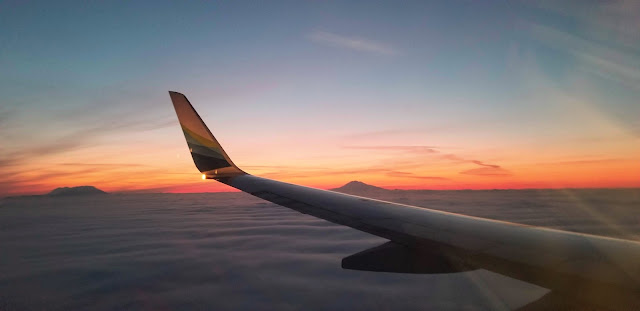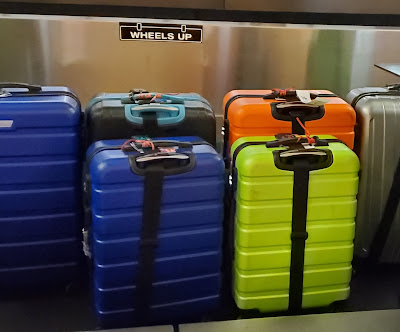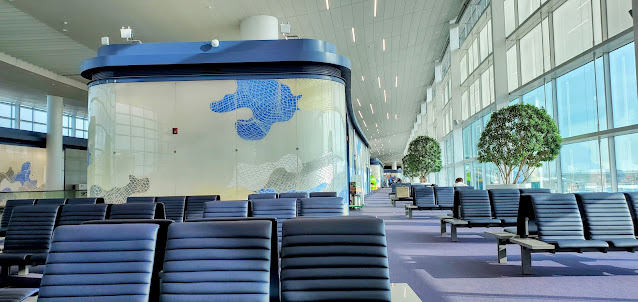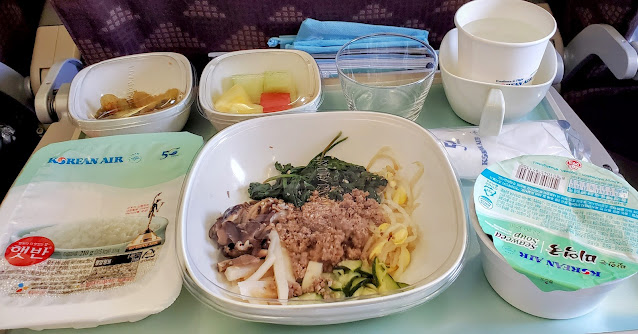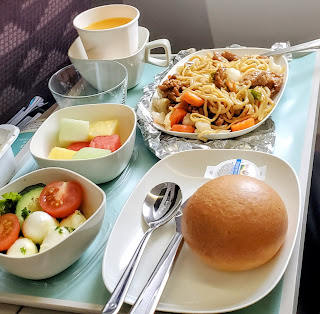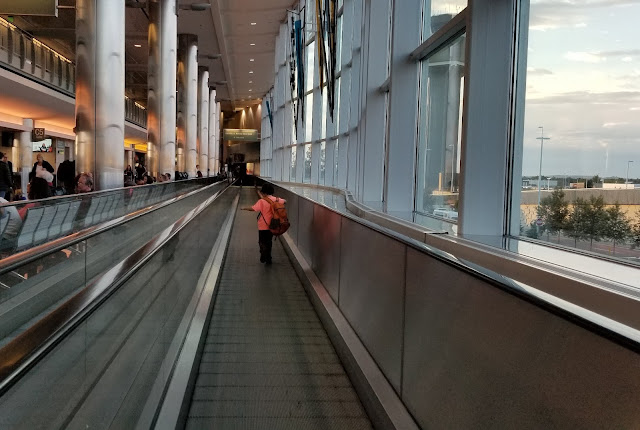The Complete Guide to Traveling after illness
Introduction: How to prepare for a trip after experiencing sickness and tips for travel safety.
In this article, we will be discussing what to do before, during and after your trip if you have been sick.
We will also provide you with some tips for traveling safety.
The first step is to make sure that your doctor is aware of your travel plans and has given the green light for you to fly. This will hopefully prevent any unnecessary delays or cancellations of your flight.
You should also check with the airline about their policies on flying while sick as there may be a number of restrictions in place that could affect your travel plans.
It's a good idea to pack a few extra items in case there is an unexpected delay or cancellation of the flight. You never know when this might happen so it's best to prepare for it ahead of time!
Packing Essentials for a Safe and Comfortable Trip After Being Sick
When you have been sick and are about to go on a trip, you need to pack some essentials to make sure that your trip is as comfortable as possible.
You might be about to go on a long flight to an exotic destination, but there is one thing you need to do before you leave: pack your inhaler. If you have had any respiratory issues, make sure that you include your inhaler in your suitcase. If you are prone to motion sickness, make sure that you pack some motion sickness pills too.
To start with, it is best not to take any flights if you are feeling unwell. If you do need to fly, then there are some precautions that you can take in order to minimize the risk of infecting other passengers.You should try not eat anything before your flight and avoid drinking alcohol or caffeinated drinks for at least six hours before the flight.
You should try not to eat anything for at least six hours before the flight. Drinking alcohol or caffeinated drinks is also not advisable. This will help you avoid experiencing dry mouth, nausea, and headaches.
If you experience any discomfort during your flight then it is best not to share food or drinks with other passengers and when in the airport terminal, make sure to wash your hands thoroughly with soap and water when you reach a bathroom.
Airport Security Tips for Travelers with Disabilities or Medical Conditions
Airport security can be stressful for travelers with disabilities or medical conditions. The TSA has created a program called TSA Cares, which provides travelers with disabilities or medical conditions with special assistance and accommodations.
The TSA Cares program is for travelers who have a disability or medical condition that may impact their travel experience. This includes, but is not limited to, seniors, persons with disabilities, pregnant women and parents of small children.
TSA Cares offers the following services:
- Recognition of Travelers' Medical Conditions
- Wheelchair Assistance
- Transportation of Baggage (if needed)
- Escort to Gate (where available)
Airport security is one of the most nerve-wracking parts of traveling. For people with disabilities or medical conditions, it can be even more stressful. Here are some tips to make your airport security experience as smooth as possible.
- Plan your time wisely.
- If you are carrying liquids, gels, creams, or aerosols in your carry-on bag and the container is larger than 3.4 ounces, put these items in your checked bag or give them to security to put in the screening bin.
- Remove all metal objects from your pockets. This includes jewelry, keys, coins, and pens.
- To prepare your laptop, please remove it from its case and place it in a separate bin for X-ray screening.
What are the Best Tips for Traveling after Pregnancy, Nursing, or Other Conditions?
Traveling after pregnancy, nursing, or other conditions can be a little tricky. But there are some great tips to help you stay safe and comfortable during your next adventure.
If you're traveling after pregnancy, it's important to know that your body is still recovering from the physical stress of pregnancy. You should avoid high altitudes or long flights if possible.
If you're traveling after nursing, you should be aware that the pressure in the cabin can cause milk to leak from your breasts so it's best to wear a nursing bra with an extra layer of clothing on top.
If you have any other condition that may impact your travel plans, be sure to ask for help in advance so that accommodations can be made for your needs.
What's the Healthiest Thing To Eat on a Long-Haul Flight?
The best thing to eat on a long-haul flight is something that is high in protein. This will help to keep your blood sugar levels stable and reduce the risk of feeling hungry.
A protein shake is a good idea, as it provides you with all of the amino acids and nutrients that your body needs. It’s also easy to drink through a straw without spilling everywhere and can be mixed with milk or water for added flavor.Peanut butter and celery is another good option, as it contains healthy fats and proteins which will keep you feeling fuller for longer.
The healthiest thing to eat on a long-haul flight is something that’s healthy when it’s eaten at home.
Airplane food safety is a big concern for many travelers. But the truth is, you are not in danger if you follow some simple precautions. The most important thing to do when it comes to airplane food safety is to avoid eating anything that has been sitting out and has not been heated up.
